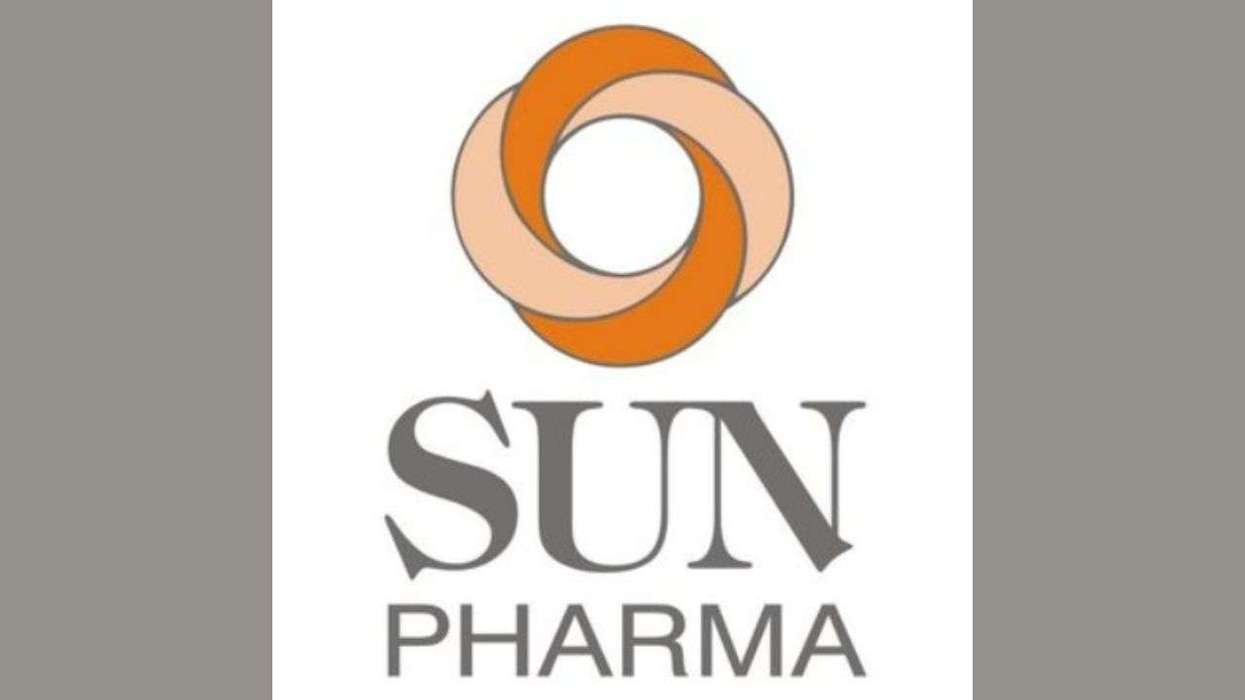Around 2.1% of antibiotic prescriptions in English GPs were linked to RSV infections.
Experts suggest that the new Respiratory Syncytial Virus (RSV) vaccination programme, being rolled out in hospitals and community pharmacies, will not only reduce the burden of RSV infections in England but also contribute to a reduction in antibiotic prescriptions.
While antibiotics are ineffective against viruses, they are sometimes prescribed in primary care because it is difficult to distinguish between bacterial and viral infections.
A study conducted by the UK Health Security Agency (UKHSA), Imperial College London, and Oxford Population Health revealed that RSV infections result in 640,000 antibiotic prescriptions a year.
The study suggests that interventions to reduce RSV infections, including the new vaccine programme, could lower antibiotic use and, in turn, reduce antibiotic resistance.
RSV typically causes mild respiratory symptoms in most individuals, but it can lead to serious illness and hospitalisation in vulnerable groups, such as infants and older adults.
The research team analysed data from general practice antibiotic prescriptions and laboratory-confirmed respiratory infections between 2015 and 2018.
They found that approximately 2.1% of antibiotic prescriptions in English GPs were linked to RSV infections, with the highest number prescribed to those over 75 and infants.
Dr. Lucy Miller, a co-author of the study and Modeller at UKHSA, stressed the importance of reducing antibiotic use to address antibiotic resistance.
“To tackle antibiotic resistance we need to ensure antibiotics are being used only when necessary. But we also need to drive down infections, to reduce the need for antibiotics in the first place.
“This study highlights that the introduction of the new RSV vaccine programme could not only help reduce the risk of infections in vulnerable individuals, but also contribute towards a reduction in antibiotic prescribing and antibiotic resistance in the population overall,” she said.
Launched in September, the new RSV vaccination programme targets pregnant women and adults aged 75 and over. Analysis predicts that the programme could prevent 70,000 RSV illnesses in infants under 12 months and 60,000 illnesses in eligible older adults.
Steve Russell, NHS national director for vaccinations and screening, urged eligible people to take the vaccine.
“This research is a step-forward in demonstrating the impact the RSV vaccine can have, over and above preventing tens of thousands of fewer illnesses this year in those most at risk, so please do take up the offer of the jab if you are aged 75 to 79 or if you are over 28 weeks pregnant – it could prevent you or your baby from becoming seriously ill.”
The research, which was funded by the Medical Research Foundation and the National Institute for Health and Care Research, has been published as a preprint.













